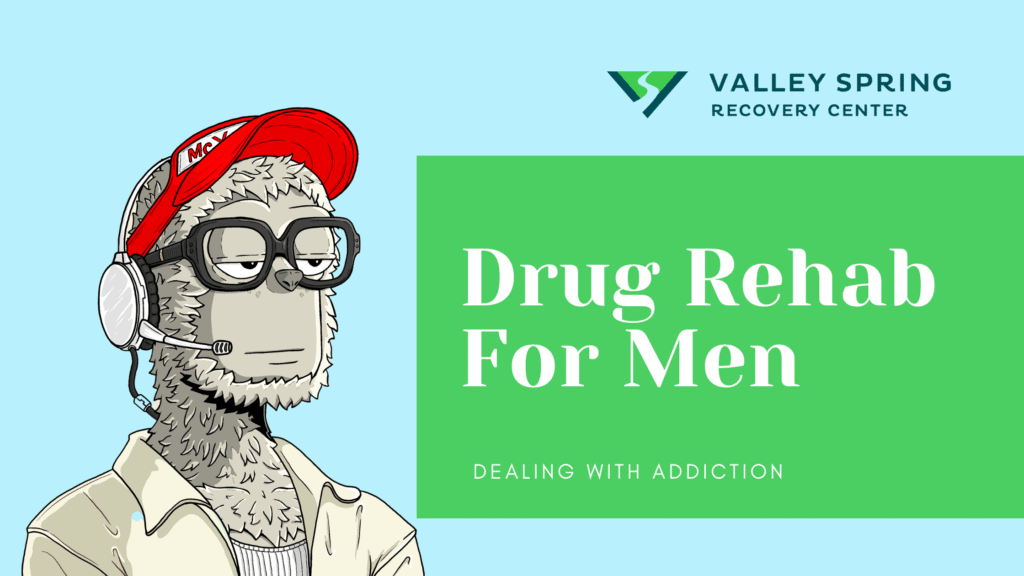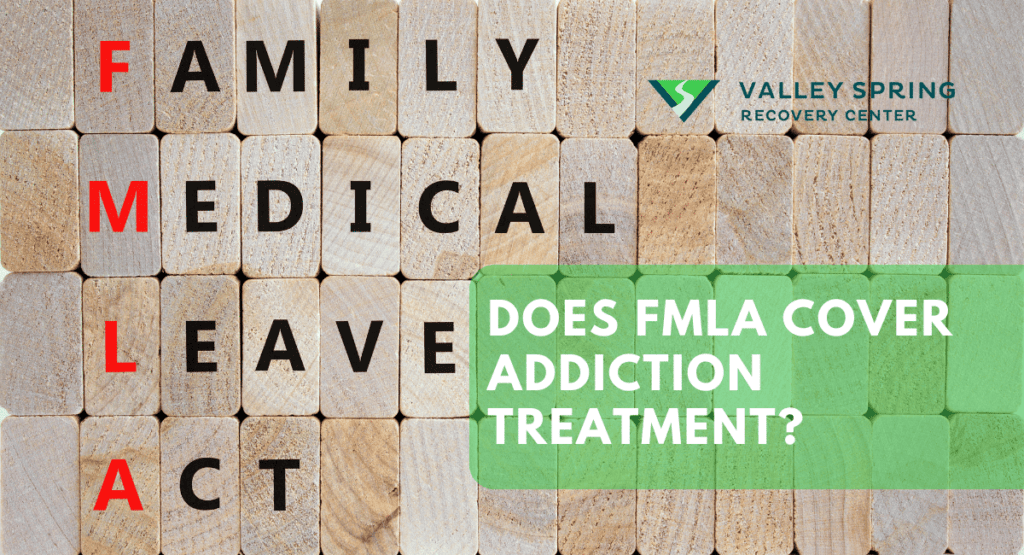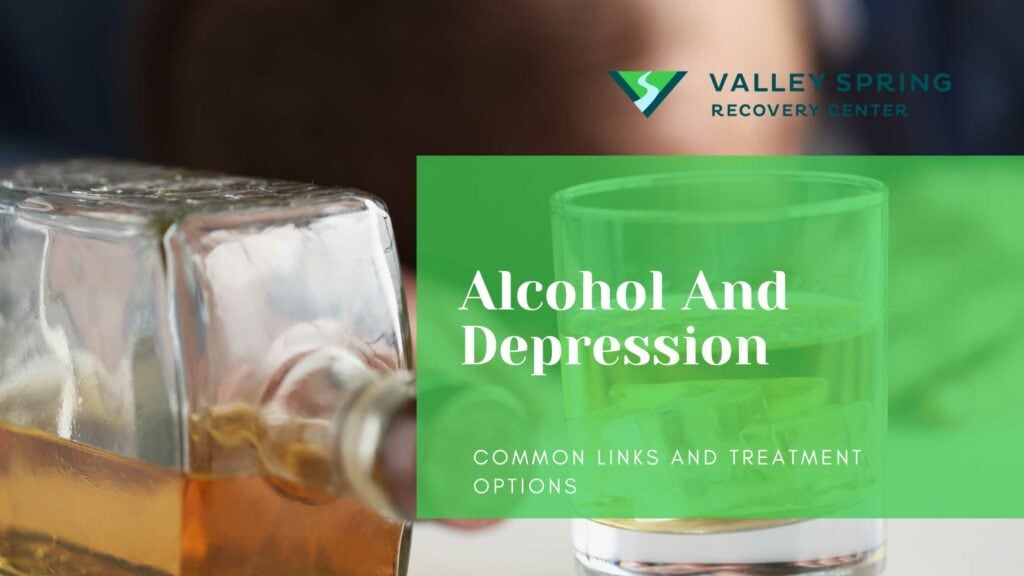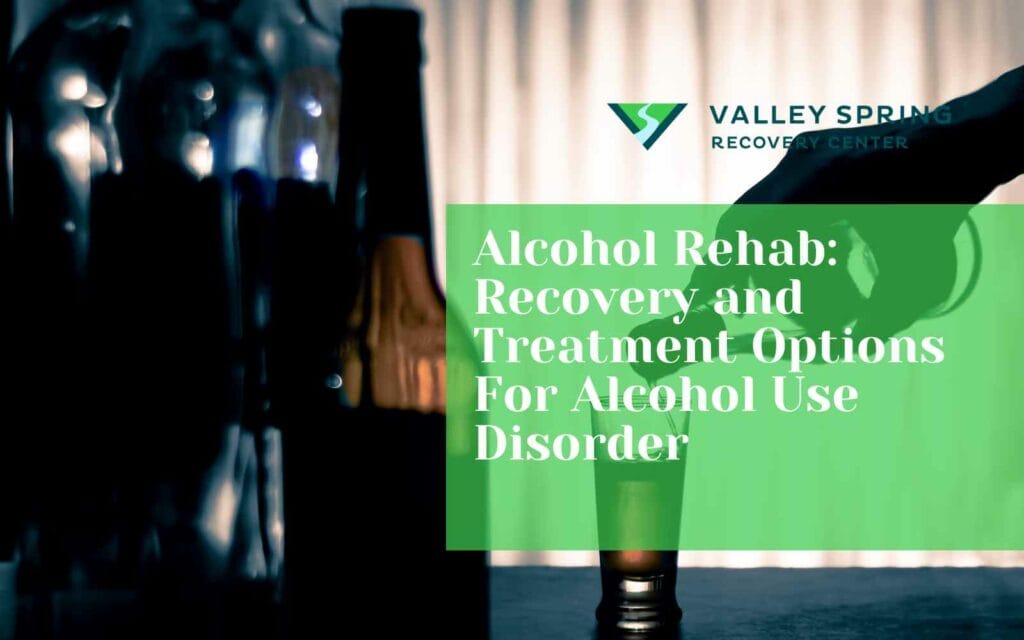Men facing addiction recovery encounter distinct obstacles such as societal pressures, difficulty in expressing emotions, propensity for risk-taking, and intense physiological dependencies, which significantly hinder their journey towards sobriety.
To effectively support men in overcoming these challenges, addiction treatment programs must be specifically designed to meet their unique needs. This includes developing approaches that combat societal stigma, promote emotional expression, control risky behaviors, and offer specialized medical care for managing intense withdrawal symptoms. Tailored treatments are crucial for addressing the complex challenges men encounter during addiction recovery.
Male-only rehab centers are particularly beneficial as they provide an environment where men can freely discuss and address their challenges without the pressure of societal norms. This setting fosters a sense of camaraderie and understanding among peers, potentially leading to more focused and effective recovery outcomes.
According to the 2016 National Survey on Drug Use and Health by SAMHSA, men are more likely than women to use almost all types of illicit drugs, and such use is more likely to result in emergency department visits or overdose deaths for men than for women. Furthermore, the 2021 New Jersey Substance Abuse Treatment Admissions Study reports that 69% of rehab admissions are men, emphasizing the need for programs that focus on healing the body, mind, and spirit in a manner tailored to men’s specific recovery challenges.
What are the Benefits of Drug Rehab for Men?

The benefits of drug rehab for men include specialized treatment tailored to male-specific issues, a supportive community of peers facing similar challenges, and a focus on holistic recovery that addresses both physical and psychological aspects. This gender-specific approach enhances the effectiveness of treatment, increases the likelihood of long-term sobriety, and allows for targeted therapies that deal with the unique factors affecting men, such as societal expectations and masculine identity. Additionally, men-only programs often integrate vocational training and life skills, setting men up for a successful reintegration into society.
In early recovery, its common to develop a “rehab romance” or toxic relationship with a female resident, men’s rehab alleviates this temptation.
What are the Types of Drug Rehab Programs for Men?
When it comes to drug rehab for men, you have several types of programs to consider:
- Inpatient Treatment: This involves residing at a rehab facility for a specific duration. Inpatient programs offer intensive therapy, a structured environment, and 24/7 support to help you focus solely on recovery. These might include both long-term and short-term residential programs, depending on the severity of the addiction.
- Outpatient Treatment: These programs allow you to live at home while attending therapy sessions at a rehab center. They offer flexibility for those who cannot commit to full-time inpatient care. With outpatient rehab, you can continue to live in a supportive environment with individuals going through similar challenges and treatment. They’re usually more cost-effective and can range from a few weeks to several months.
- Therapeutic Communities: These are residential programs emphasizing personal responsibility and community support. You’ll live with others in recovery, creating a supportive and accountable environment. A hallmark of TCs is their structured daily routine, which includes various activities such as group therapy sessions, vocational training, educational classes, and communal responsibilities like cooking and cleaning
- 12-Step Programs: Alcoholics Anonymous (AA) and Narcotics Anonymous (NA) are group-based recovery programs that follow a structured set of principles and steps to promote sobriety and personal growth. The heart of these programs is a structured set of 12 steps that outline a path to recovery. These steps generally focus on self-reflection, personal growth, and making amends for past wrongs. While specific wording varies among 12-step programs, the core principles remain consistent.
How Effective are Drug Rehabs for Men?
You might be wondering if drug rehabs for men are effective, and the answer is yes, they can be. These programs are tailored to address the specific needs and challenges that men face during addiction and recovery. The effectiveness of your experience will depend on your commitment to the treatment, the quality of the program, and the support you receive.
In these rehab programs, you’ll find a structured and supportive environment that can help you focus on your recovery goals. They often use evidence-based therapies that have been proven to work in addiction recovery. Being part of group therapy and having the support of your peers can create a sense of camaraderie and accountability, which can be motivating.
Remember, your personal commitment to your own recovery plays a significant role. If you actively engage in treatment, follow the recommendations, and stay motivated, you’re more likely to see positive results. Keep in mind that recovery is a journey, and setbacks can happen, but they don’t mean you’ve failed. Many people who face setbacks in recovery go on to achieve lasting sobriety with continued effort and support.
Our Admissions team is here to help 24 hours a day and will treat you with compassion, dignity, and respect.
We are standing by to guide you through the admissions process.
Click Get Started to fill out a form for an immediate response.
What are the Factors influencing treatment outcomes in Drug Rehabs For Men?

The outcomes of drug rehab for men are influenced by several factors including personal commitment, the type and severity of addiction, quality of the treatment program, mental health issues, support systems, aftercare, relapse prevention skills, environmental factors, and individual motivation and mindset.
- Personal Commitment: Your willingness to fully engage in the treatment process and your determination to make positive changes in your life play a significant role in the outcome of your treatment.
- Type and Severity of Addiction: The specific substance you’re addicted to and the severity of your addiction can affect the length and intensity of your treatment. More severe addictions require longer and more intensive programs.
- Quality of Treatment Program: The effectiveness of the rehab program you choose matters. High-quality programs that use evidence-based therapies and have experienced staff tend to produce better outcomes.
- Mental Health and Co-occurring Disorders: If you have underlying mental health issues or co-occurring disorders, addressing these alongside your addiction is crucial. Integrated treatment for both addiction and mental health can lead to more successful outcomes.
- Support System: Having a supportive network of family and friends can greatly influence your recovery. Positive relationships and a strong support system can provide motivation and encouragement.
- Aftercare and Continuing Support: What you do after completing your initial treatment is important. Engaging in aftercare programs, such as ongoing therapy or support groups, can help you maintain sobriety.
- Relapse Prevention Skills: Learning and practicing relapse prevention skills taught during treatment can help you cope with triggers and challenges that arise after leaving rehab.
- Environmental Factors: The environment you return to after rehab can impact your recovery. A stable and drug-free living situation can be more conducive to maintaining sobriety.
- Motivation and Mindset: Your mindset and motivation for change can influence your treatment outcomes. Staying focused on your recovery goals and believing in your ability to change are essential.
What Is Gender Specific Rehab?
Rehab, when viewed through the lens of gender-specific addiction experiences, offers tailored programs or treatments designed to address the unique ways men and women interact with substance abuse. These specialized programs aim to help individuals cease the use of harmful substances and re-engage in a balanced life, with a focus on the distinct physical, mental, and spiritual needs of each gender.
A 2009 Psychiatric services study titled “What is “women-focused” treatment for substance use disorders?” stated the differences in the initiation of substance use based on gender, progression to dependence, and social influences that facilitate or impede treatment participation. In response, separate women-only programs were developed as well as dedicated treatment “tracks” or services for women within mixed-gender programs.
The concept of women-focused rehab or male-focused rehab was again popularized by entrepreneur Roy Serpa who purchased Lakeview Health in 2015 and created ‘The Rose’ women-focused gender-specific program by coining the term “gender-responsive” with Dr Hemphill.
An example of gender-specific differences can be seen in the causes of drug and alcohol abuse. Women with substance abuse problems are much more likely to have been the victims of abuse or to have experienced serious trauma. Addressing the emotional and mental issues resulting from abuse and trauma is therefore a key component of programs that are responsive to the needs of women in recovery according to Dr Hemphill.
What Are The Evidence-Based Approaches for Men’s Drug Rehab?
When it comes to evidence-based approaches in men’s drug rehab, several effective strategies come into play. These therapeutic methods have been rigorously studied and proven successful in helping men overcome addiction. Among them are Cognitive-Behavioral Therapy (CBT), Motivational Enhancement Therapy (MET), and Medication-Assisted Treatment (MAT). In parallel, holistic and alternative therapies, such as yoga and mindfulness meditation, provide a holistic perspective on recovery, addressing the physical, emotional, and spiritual dimensions of healing. By incorporating these evidence-based approaches, men’s drug rehab programs aim to provide a comprehensive and personalized path to lasting sobriety.
1. Cognitive-behavioral therapy (CBT)
CBT is a widely recognized therapeutic approach that focuses on identifying and changing negative thought patterns and behaviors. It helps individuals understand the connections between their thoughts, feelings, and actions.
In drug rehab for men, CBT can help address underlying issues that contribute to addiction, such as stress, trauma, and coping strategies. It equips men with valuable skills to manage cravings, avoid triggers, and develop healthier responses to challenging situations.
2. Motivational Enhancement Therapy (MET)
MET or Motivational interviewing is a goal-oriented, client-centered therapy that seeks to enhance motivation for change. It involves active listening, empathy, and the exploration of personal values and goals.
In men’s drug rehab, MET can boost motivation by helping individuals recognize the benefits of sobriety and clarify their reasons for change. It’s particularly effective for those who may be ambivalent about recovery, as it encourages self-reflection and commitment to the process.
3. Medication-Assisted Treatment (MAT)
Medication-assisted therapy combines FDA-approved medications (e.g., methadone, buprenorphine, naltrexone) with counseling and therapy. It’s primarily used in the treatment of opioid addiction but can also be effective for alcohol use disorder.
MAT helps reduce cravings and withdrawal symptoms, making it easier for men to engage in therapy and address the psychological aspects of addiction. It can be an essential component of comprehensive addiction treatment.
4. Holistic and Alternative Therapies
Holistic and alternative therapies in men’s drug rehab encompass a wide range of approaches, including yoga, mindfulness meditation, acupuncture, art therapy, and adventure therapy.
These therapies address addiction recovery from a holistic perspective, focusing on the physical, emotional, and spiritual aspects of healing. They can provide additional tools for managing stress, promoting self-care, and finding inner balance.
Each of these evidence-based approaches in men’s drug rehab has its unique strengths and applications. They can be integrated into treatment plans based on individual needs and preferences, enhancing the overall effectiveness of addiction recovery programs. The combination of these approaches often provides a well-rounded and personalized approach to sobriety.
What unique challenges do men face in recovery from substance abuse?

Men in recovery from addiction face unique challenges, including societal expectations, emotional suppression, risk-taking behaviors, and severe physiological dependencies, which complicate their path to sobriety.
- Stigma and Shame: One significant challenge is the stigma associated with addiction. Society’s judgmental attitudes can make it difficult to seek help and open up about your struggles.
- Denial: Overcoming denial about your addiction can be tough. It’s common to downplay the severity of the problem, which can delay seeking treatment.
- Treatment Accessibility: Accessing quality rehab programs is challenging due to factors like cost, location, or availability of treatment slots. Finding the right program that fits your needs can take time and effort.
- Detox and Withdrawal: The initial detoxification phase can be physically and emotionally challenging. Withdrawal symptoms can be intense, but medication and medical oversight makes the process more bearable.
- Relapse Risk: The risk of relapse is a reality in recovery. Learning effective relapse prevention strategies and maintaining sobriety can be challenging.
- Mental Health Issues: If you have co-occurring mental health issues, they can complicate your recovery journey. Dual diagnosis treatment is essential in such cases.
- Peer Pressure and Triggers: Returning to an environment where substance use is prevalent can expose you to triggers and peer pressure, making it harder to stay on the path to recovery.
- Long-Term Support: Sustaining sobriety beyond rehab can be challenging. Aftercare and ongoing support are critical but and require ongoing effort.
- Self-Esteem and Identity: Addiction can erode your self-esteem and sense of identity. Rebuilding a positive self-image and discovering a new, drug-free identity can be challenging.
- Legal and Financial Issues: Legal consequences and financial strain resulting from addiction can pose significant barriers to recovery.
| Category | Challenge | Description |
|---|---|---|
| Societal | Stigma and stereotypes | Men face societal expectations to be strong and stoic, which can discourage seeking help or expressing vulnerability. |
| Career and financial pressures | There is often pressure on men to be the primary breadwinners, which can add stress during recovery. | |
| Psychological | Emotional expression | Men are often conditioned to suppress emotions, which can complicate the emotional processing necessary for recovery. |
| High-risk behavior | Men are more likely to engage in risk-taking behaviors, which can lead to relapse or challenges in maintaining sobriety. | |
| Mental health stigma | Men experience more stigma around mental health issues, making it harder to address co-occurring disorders. | |
| Physiological | Higher rates of substance dependence | Men are statistically more likely to become dependent on certain substances, which can affect the approach to treatment. |
| Withdrawal severity | Men experience more severe withdrawal symptoms with certain substances, requiring specific medical interventions. |
Why Do Men Get Addicted To Drugs At A Higher Rate than women?
Men are generally more susceptible to drug addiction than women for a variety of reasons that span biological, psychological, and social domains. Biologically, the brain chemistry between men and women differs in how it reacts to substances. Men are often more likely to experience the euphoric effects of drugs, which encourages repeated use. Additionally, men typically have a faster metabolism than women, which not only affects how quickly a substance is processed but also can lead to quicker dependence. The faster metabolism also contributes to developing a tolerance to the drug more rapidly, necessitating increased amounts to achieve the same effects and thereby escalating the cycle of addiction.
Psychologically, men are statistically more inclined to engage in risk-taking behavior, including experimenting with drugs. The propensity for risk-taking is often influenced by how men manage stress. While both genders experience stress, societal norms encourage men to manage stress through external outlets, which include substance abuse as a coping mechanism.
Social and cultural factors also play a significant role in men’s higher rates of drug addiction. Social norms, especially those that are influenced by traditional perceptions of masculinity, encourage behaviors like drug use as a sign of toughness or manhood. Moreover, men often find themselves in social circles or occupations where drug use is more readily accessible, further increasing the likelihood of abuse.
Men are more likely to have co-occurring disorders such as ADHD or conduct disorders, which make them more susceptible to substance abuse. These disorders can create a complex interplay with addiction, often necessitating specialized treatment strategies. Understanding these various factors is crucial for designing more effective, gender-specific treatment programs that address the root causes of addiction among men.
Ben Fisher
All author postsShare This Post










